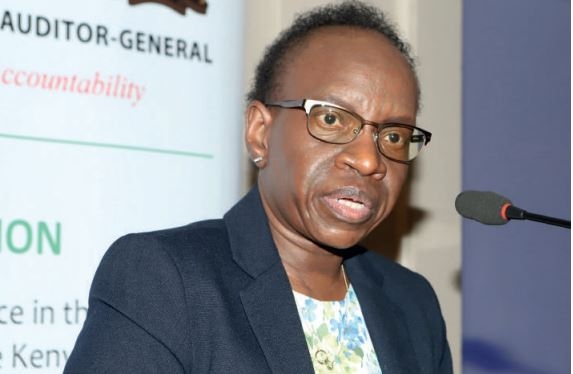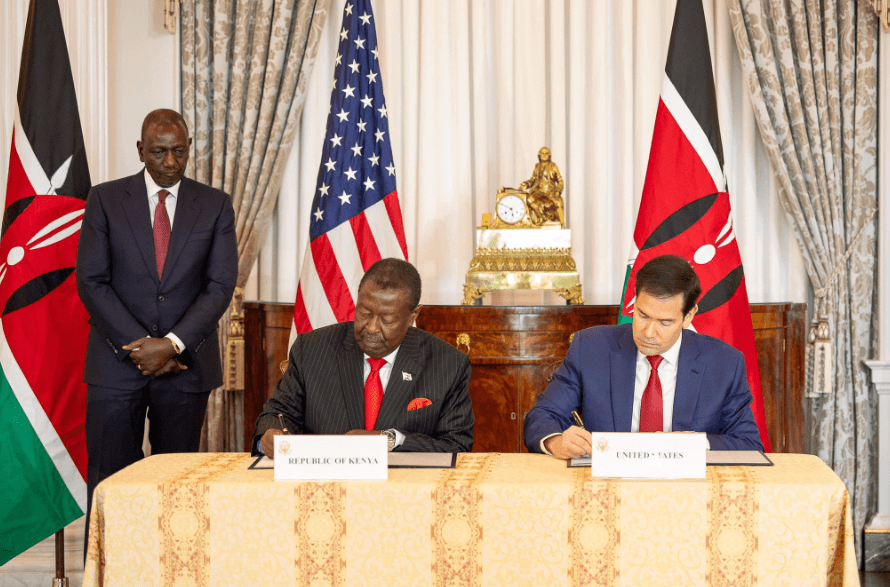The Mexican President Andrés Manuel López Obrador recently signed a controversial judicial reform decree mandating the election of all judges in the country. The controversial law aims to curb corruption in the Judiciary by ensuring that citizen interests are better served.
Opposers of the law, however, are concerned that it undermines the system of checks and balances since elected judges will be susceptible to political pressure and criminal gangs. This raises an interesting question for us here in Kenya: what if our judges were elected?
The idea of electing judges has a certain appeal on the surface. It appears to be more democratic, giving the public an opportunity to directly have a say on who gets to interpret the laws. Moreover, this would mean that judges will have to align their decisions with societal values and the expectations of ordinary wananchi.
Currently, judges are appointed by the JSC and subject to approval by the President and Parliament. This process, despite being thorough and independent, is somewhat opaque. It makes the Judiciary out of touch with the people compared with the Executive and Legislature.
Electing judges thus emerges as a viable solution to keep judges accountable to the people. Candidates for judgeship will present their records, and judicial philosophies for public scrutiny. In a country plagued by mistrust of public institutions with fewer than 50 per cent of Kenyans trusting the Judiciary, Parliament and the Executive, electing judges could introduce openness in the system and foster public confidence in the Judiciary.
However, although the notion of electing judges sounds attractive in theory, in practice it would entail significant downsides. The most serious concern is that if judges had to campaign for votes they would be swayed by political agendas and public opinion. This would go against the core guiding principle of judges as impartial arbiters since judges might tailor their rulings to please voters or campaign donors rather than focus on the merits of cases.
This is not a hypothetical risk. In the United States, where some states elect their judges, and Supreme Court justices are selected by elected officials, there have been several instances where judicial decisions have been caught up in the political fray. This has rendered judges influenced by the need to win public approval much to the chagrin of the very foundations of judicial independence.
For instance, in 2022, rather than make a decision to safeguard reproductive rights, the Supreme Court of the United States in the Dobbs v. Jackson Women’s Health Organization case, left the important human rights issue to the “views of each state’s citizen.”
Additionally, in the current political temperatures where elections are often contentious, electing judges would entrench divisions and tribal tensions. Imagine if we received political handouts from a candidate for the Chief Justice position? Or if a majority of judges were affiliated to a particular political party? Or if judges declared a stance on contentious political issues? It would be chaotic, it would be difficult and indeed the Judiciary would be massively compromised.
The existing judicial appointment process by the JSC, designed to include voices from various sectors, including the Judiciary, the legal profession and the public, though not perfect, balances accountability and independence. Electing judges thus is counterproductive at the moment. We need to focus on strengthening the Judiciary further by emphasising on qualifications, integrity and insulating it from political interference.
So far the Judiciary seems to be the only branch that is performing the vital role of guarding the rule of law, strongly defending us against the excesses of the other branches of government. At a time when the Executive and Legislature have connived left, right and centre to make our lives difficult unconstitutionally, the Judiciary has stood firm to defend the constitution– recently sentencing the acting police AG, declaring the Finance Bill and house levy to be unconstitutional, among other admirable undertakings.
The Judiciary has demonstrated that we don’t need elected judges to safeguard the constitution. We need judges who are fair and unwavering to their commitment to the rule of law, not popular figures who kowtow to the winds of public opinion. While electing judges might seem like a democratic solution, in reality, it is risky and has the certainty to erode judicial independence and impartiality.
The writer is recent graduate with a master's degree in global affairs from Tsinghua University in China















